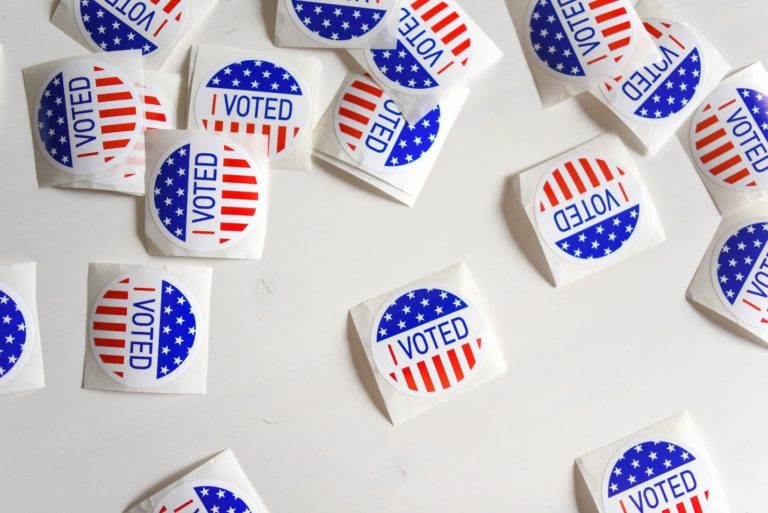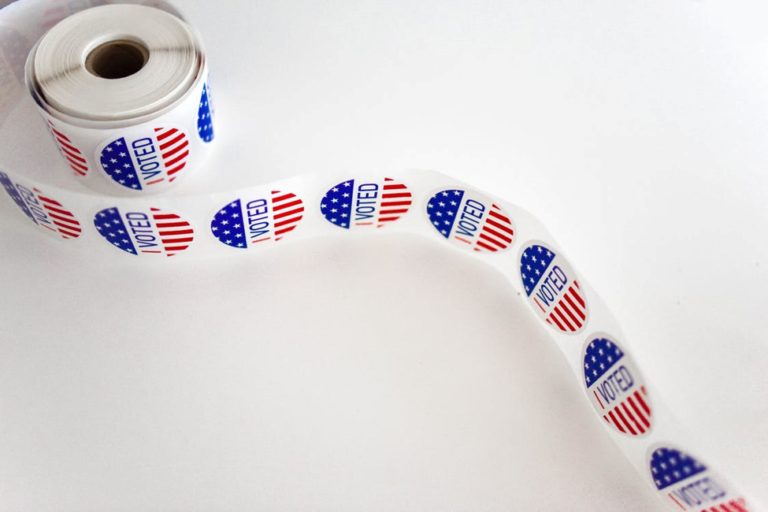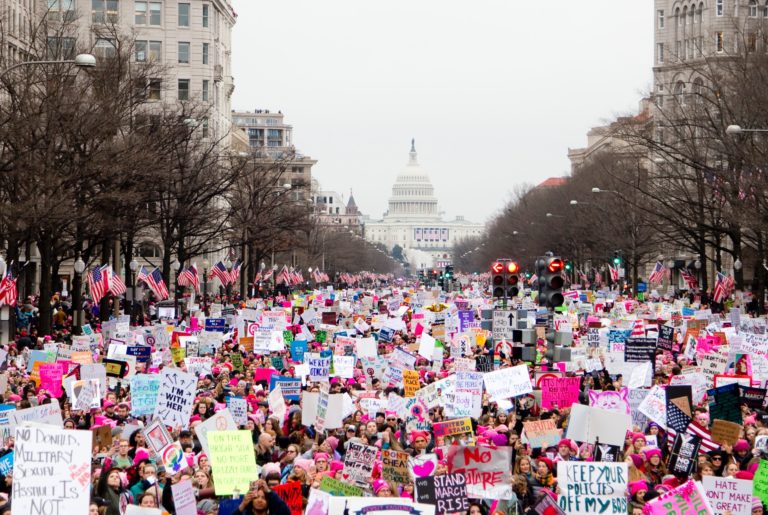2020 is already a record-breaking year for Republican women. More than 200 GOP women have…
Advantages for Democratic Women in 2020

In the years following the 2016 election, more and more women have run for office and been elected at all levels. Some of this can surely be attributed to voters’ negative reactions to the 2016 elections, but some of it also stems from the fact that the vast majority of these women ran with the Democratic Party. The modern Democratic Party has a brand built on expanding access to affordable healthcare, protecting the environment, and enhancing social safety net programs that dovetail nicely with women candidates’ strengths. For example, in research women candidates are seen as more “compassionate” than men, and expanding affordable healthcare access is viewed by Democratic voters as in line with a compassionate, justice-oriented policy. Despite the sexism that traditionally impedes women when they step up to leadership roles, more women leaders continue to benefit from the strength of the Democratic brand when they run for office as Democrats.
In research conducted by the Barbara Lee Family Foundation, voters responded positively to Democratic ideology— making it possible for women candidates to get credit for the Democratic “brand” even if they don’t talk about issues associated with the Democratic Party. Due to gender and party, voters ranked Democratic women candidates higher than their male counterparts on issues such as being “with the people” and “caring about people like you.” Democratic women were also more closely associated with caring about “change,” “taking on the special interests,” or “standing up for what is right.”
This helps explain why in the elections of 2017, 2018, and 2019, Democratic women were elected successfully at all levels of government when a large number of voters expressed interest in change, taking on special interests, and standing up for what is right. Every campaign and candidate is different, of course, but these broad perceptions about groups of candidates and widespread desire for change can turn a regular election year into a “wave” that sweeps candidates into office.
That is not to say sexism does not rear its ugly head for Democratic women candidates. Gender still matters. In the same research, discriminatory views against women candidates show up when voters don’t readily see Democratic women as “strong leaders” compared to Democratic or Republican men. Democratic women have a slight advantage over Democratic men in being viewed as more “confident,” but not more than Republican men. This can be an issue on a general election ballot because confidence is a key component to also being seen as likable and qualified. But Democratic women candidates can beat a lot of these expectations by branding themselves early as the confident, strong leaders needed to get the work of their community done.
There are 435 seats in the House of Representatives, but only 101 women are currently serving. With another year where women candidates are poised to do better at levels of government running for office than even in 2018, Democratic women in particular stand to benefit from voter perceptions – and bring greater gender parity to Congress and state legislatures across the country.







